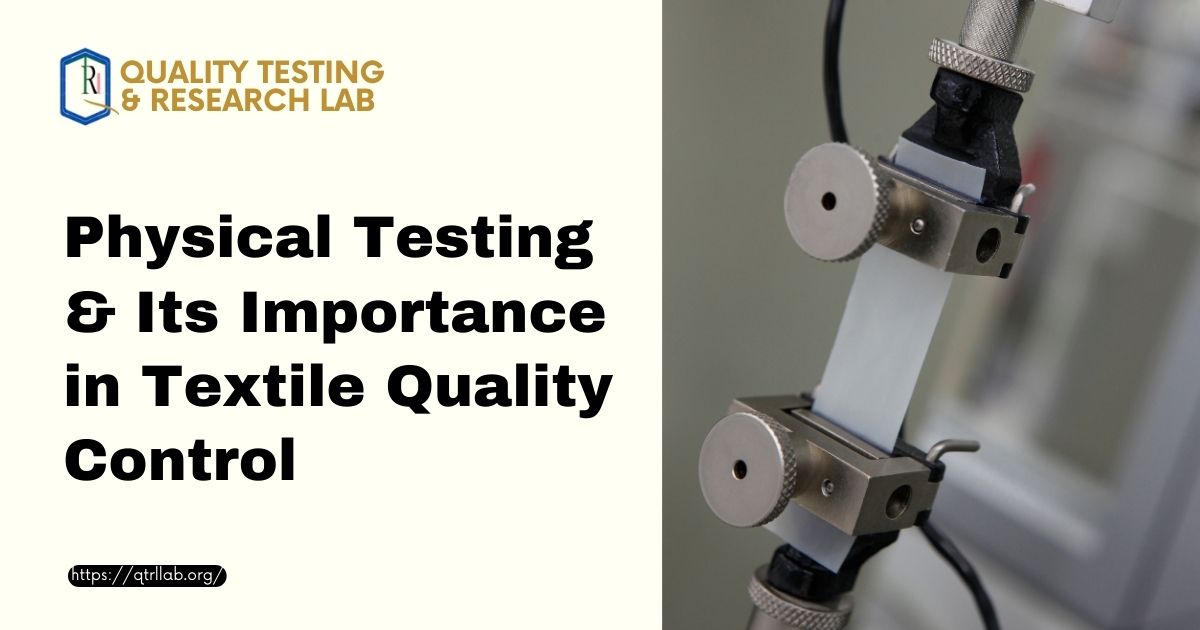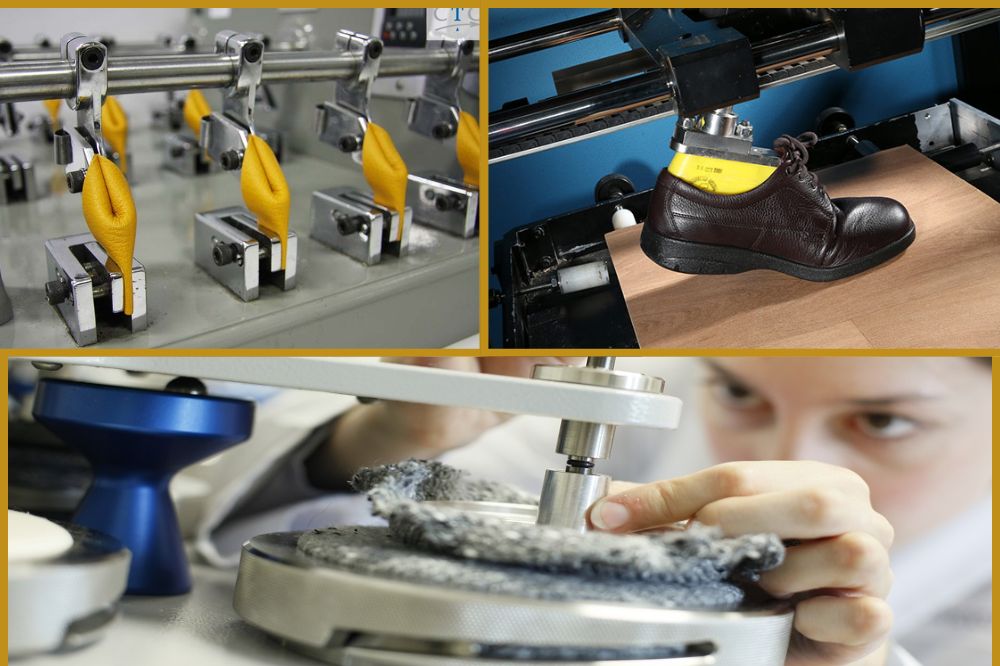Physical testing in textile quality control is a critical aspect of the textile manufacturing process, ensuring that the materials meet specific standards of quality and performance before they are transformed into final products. This in-depth article will explore the various physical tests conducted, their importance, and how they contribute to maintaining high-quality standards in the textile industry.
Introduction
The textile industry is one of the most diverse and essential sectors globally, with its products ranging from everyday clothing to specialized materials used in healthcare, construction, and aerospace. The quality of textile products is paramount, as it affects durability, comfort, safety, and customer satisfaction. Physical testing is a key component of the quality control process, providing valuable data on the material’s properties and performance.
The Role of Physical Testing
Physical testing involves a series of procedures designed to evaluate the physical characteristics of textile fibers, yarns, and fabrics. These tests assess various attributes such as strength, elasticity, abrasion resistance, colorfastness, and dimensional stability. By conducting these tests, manufacturers can identify potential issues early in the production process, preventing defective materials from reaching the consumer.
Types of Physical Tests
- Tensile Strength Test: Measures the force required to break a fabric or yarn. It provides insights into the material’s strength and its ability to withstand stress.
- Tear Strength Test: Determines the resistance of a fabric to tearing. It is crucial for products that require high durability.
- Abrasion Resistance Test: Assesses how well a fabric can withstand surface wear from rubbing, which is vital for workwear and upholstery fabrics.
- Pilling Test: Evaluates the fabric’s tendency to form small, fuzzy balls on the surface due to friction.
- Colorfastness Test: Checks how well the dye in the fabric resists fading or bleeding when exposed to various conditions like washing, light, and perspiration.
Importance of Physical Testing
Physical testing ensures that textile products are durable, safe, and meet the expectations of consumers and regulatory standards. It helps manufacturers:
- Maintain consistency in product quality.
- Reduce costs by identifying defects early.
- Comply with international quality standards.
- Enhance customer trust and brand reputation.
Challenges in Physical Testing
Despite its importance, physical testing faces several challenges, such as the need for standardized testing methods, the variability of natural fibers, and the rapid development of new synthetic materials. Manufacturers must stay updated with the latest testing technologies and protocols to ensure accurate results.
Conclusion
Physical testing is an indispensable part of textile quality control. It provides a scientific basis for assessing the quality and performance of textile materials, ensuring that only the best products make it to the market. As the textile industry continues to evolve, the methods and technologies used in physical testing will also advance, further enhancing the ability to produce high-quality textiles.
This article has provided a comprehensive overview of physical testing in textile quality control, highlighting its role, the types of tests conducted, their importance, and the challenges faced. Through diligent physical testing, the textile industry can continue to meet and exceed the high standards demanded by consumers and regulatory bodies worldwide.
If you’re seeking to ensure the highest quality for your textile products, partner with Quality Testing & Research Lab. Our state-of-the-art physical testing services will help you achieve excellence and exceed industry standards. Contact us today to learn how we can elevate the quality of your textiles together.






